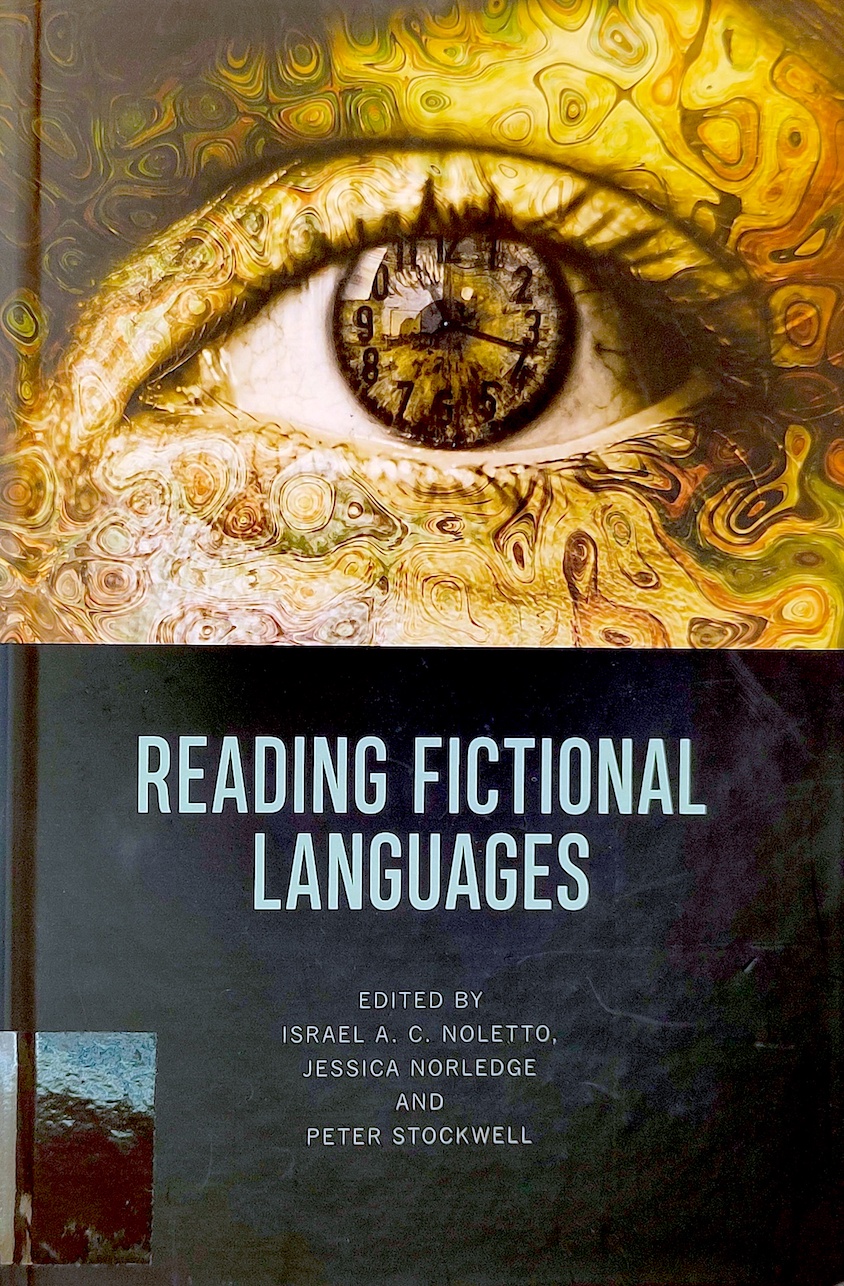Philology
Sir Gawain and the Green Knight
Sir Gawain and the Green Knight is a Middle English romance, written in the 14th century. The poem follows the knight Sir Gawain – who would later go on to become a knight of King Arthur’s Round Table – and is one of the best-known stories of Arthurian legend. This critically acclaimed edition of the poem, first published in 1925, was edited by J.R.R. Tolkien and fellow philologist E.V. Gordon and contains an extensive introduction as well as numerous notes on the poem.
Beowulf
Beowulf is a widely-known and frequently translated Old English epic poem centered around its eponymous hero. This volume, edited by Christopher Tolkien, contains J.R.R. Tolkien’s translation of the poem – which he compiled from 1920 to 1926 but never published –, as well as his extensive commentary on the work. Further, the volume includes Tolkien’s self-written story ‘Sellic Spell’, which was his attempt to reconstruct a potential folktale on which Beowulf was based, as well as two of Tolkien’s poems that deal with the subject matter of Beowulf.
The Monsters and the Critics and Other Essays
This volume consists of seven essays by J.R.R. Tolkien on a range of academic subjects, most of which were initially delivered by Tolkien as lectures. The volume, edited by his son Christopher Tolkien, reproduces some of Tolkien’s thoughts and work on Beowulf and Sir Gawain and the Green Knight, his approach to inventing languages, as well as his conception of the fantasy genre. As such, these essays provide insights into Tolkien’s work as both a philologist and as an author, and shows how these two professions are connected.
A Secret Vice: Tolkien on Invented Languages
A Secret Vice is an academic essay by J.R.R. Tolkien on the topic of invented languages, which includes various examples from his own Elvish languages. This edition, edited by Dimitra Fimi and Andrew Higgins, reproduces an extended version of the essay as well as numerous notes and drafts that have never been published before, thus shedding new light on Tolkien’s thoughts on linguistic invention and its importance for his literary works.
Tolkien on Chaucer, 1913-1959
Tolkien on Chaucer is a recently published work by John Bowers and Peter Steffensen that traces the manifold ways in which J.R.R. Tolkien engaged with the works of Geoffrey Chaucer. The book engages with and reprints many of Tolkien’s essays, annotations, notes, letters, and lectures on Chaucer and his work. Further, it examines how Tolkien’s scholarship and thus expertise on Chaucer influenced his own literary works, discussing how Chaucer’s The Canterbury Tales served as inspiration for various stories within The Lord of the Rings.
Tolkien the Medievalist
This collection of essays, edited by Jane Chance, explores how J.R.R. Tolkien’s own scholarship on medieval literature influenced his literary works and world. The first section of the volume examines Tolkien’s scholarship from a biographical angle and thus establishes the connection between his scholarship and fiction. In the second and third section, the volume analyzes distinct episodes, characters, concepts, and images within Tolkien’s works that find their roots in medieval literature. Lastly, a fourth section discusses the “retextualization” of Tolkien’s mythology as distinctly medieval in its form.
The Ring of Words: Tolkien and the Oxford English Dictionary
The Ring of Words by Peter Gilliver, Jeremy Marshall, and Edmund Weiner is an exploration of J.R.R. Tolkien’s contribution to the Oxford English Dictionary and his subsequent linguistic craftsmanship. The book is split into three sections: a biographical inquiry into Tolkien as a lexicographer at the OED, an exploration of his own creation of languages and words for his fiction, and a close study of over 100 of Tolkien’s words that are especially interesting in their use or construction.
The Languages of Tolkien’s Middle-earth
Ruth S. Noel’s The Languages of Tolkien’s Middle-earth is a complete guide to J.R.R. Tolkien’s own invented languages. Noel’s booklet thoroughly discusses the languages of the Hobbits, the Rohirrim, the Rhovannion, and the Elves, by providing introductions to each language system as well as a dictionary of all words that occur in the respective languages, including a guide to proper pronunciations. Further, the booklet provides an explanation of Tolkien’s Runes, and direct English translations of numerous quotations from The Silmarillion and The Lord of the Rings. As such, this book provides a solid overview for anyone interested in understanding Tolkien’s invented languages.
Reading Fictional Languages
Reading Fictional Languages, edited by Israel Noletto, Jessica Norledge and Peter Stockwell, analyzes fictional languages from various books, TV series, and films. Among others, articles in this volume deal with media products such as The Lord of the Rings, Game of Thrones, Dune, Star Trek, and Avatar. As such, they explore how the languages within these products are created, but also how they are experienced by their audience. Further, the volume may serve as a guide for anyone who is interested in the creation of a new fictional language.

